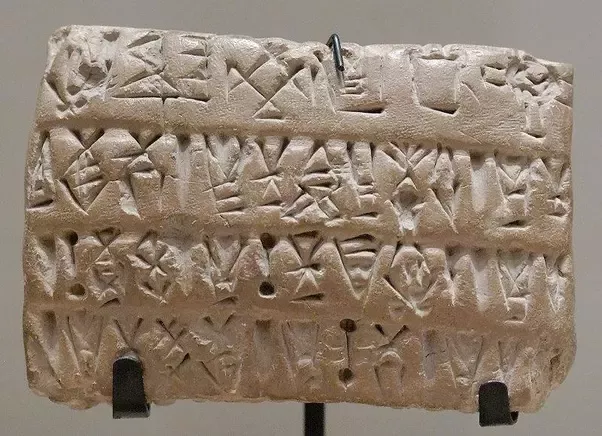Ancient Accounting Systems began in ancient Egypt and Mesopotamia. Both cultures developed accounting systems using papyrus to make detailed records. They also kept extensive records for a network of royal storehouses where “in kind” taxes were paid. Bookkeepers maintained these records meticulously, and a system of internal verification monitored their work. Any irregularities revealed in royal audits were punishable by fines and mutilation. Ancient Egyptian accounting never progressed beyond list-making, but their system of keeping records was a step in the right direction.
The history of accounting dates back to thousands of years ago, when people kept track of their land, agricultural products, and maritime and land-based trade. As writing became available, people had to record their results. This was where the ancient abacus was developed. These methods of accounting became necessary as people developed more complex civilizations. Ultimately, they became the basis for modern accounting. So, what did ancient accounting systems involve? How can we learn from their methods?
One of the earliest forms of accounting was written by ancient Mesopotamians. They used clay tablets to store data and retrieved them to use for accounting, stewardship control, and decision making. Without such a societal purpose, an ancient accounting system could never have survived. They used writing to communicate important information and make public announcements. Thousands of letters survived in clay tablets, while rulers engraved edicts and announcements on stone stelae and Kudurra stones to mark boundaries.
The most complete ancient accounting system is a combination of tax and income taxes. The Greek government used a system of taxation, and the Athens Popular Assembly controlled the monies of citizens. The state appointed 10 state accountants to oversee the accounting of the state. The use of coinage in ancient Greece may have also contributed to the development of accounting. In fact, banking in ancient Greece was more advanced than in most previous societies. Bankers maintained account books, changed money, and transferred cash to citizens in distant cities.
As societies evolved into more complex societies, the importance of accuracy and timely record-keeping became increasingly important. For example, misplacing a token could lead to starvation for an entire village. Though modern accounting systems are more sophisticated, the need for accuracy and timeliness remains. So, it’s vital to understand the history of accounting in order to make informed decisions. This is especially true in the case of ancient accounting systems. And if we understand what ancient accounting systems were, we can better appreciate their benefits.
The Islamic mathematician Muhammad ibn Musa al-Khwarizmi is credited with discovering the double-entry bookkeeping system. This system is the source of the word “algorithm.”











